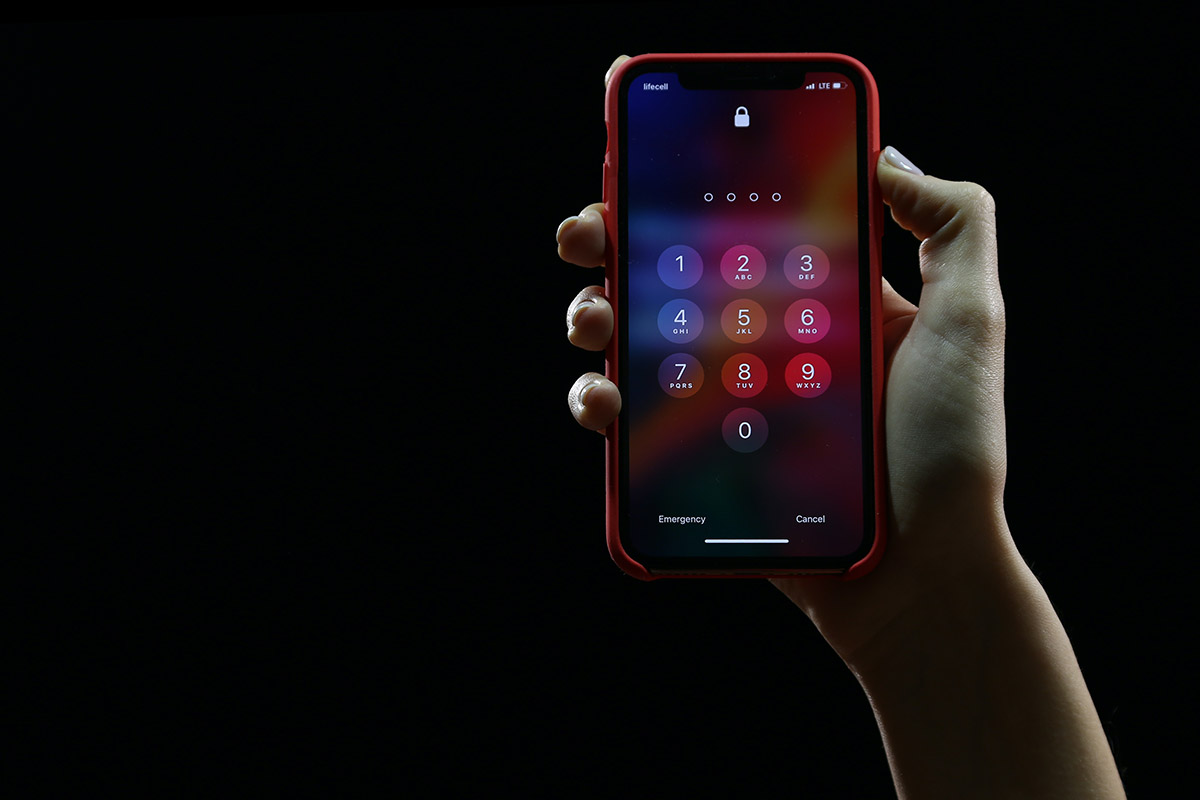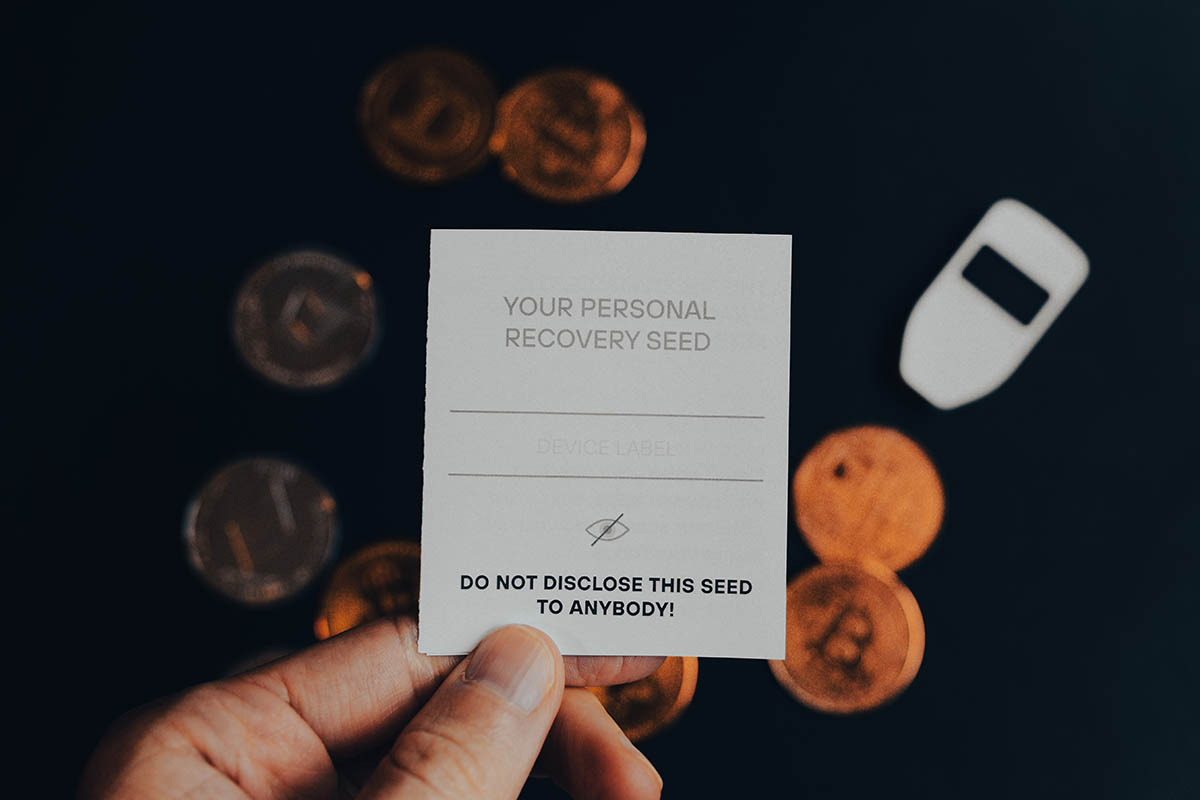The average day includes checking your emails, updating your social media feeds, keeping your health on track via a fitness app, and perhaps a few cheeky purchases from Amazon.
And this only includes what you do in your spare time. There’s a lot more going on at work, including using online tools, signing up to a collaborative platform if you work remotely, and managing your holiday allowance. The bottom line: You use a lot of digital tools and platforms, and that means you need a lot (and we mean A LOT) of keywords.
Believe it or not, the average person manages around 100 passwords across various online accounts. If you’ve watched any movie where someone tries to hack into a secure and password-protected account, you’ve probably noticed that the average Hollywood hacker needs less than 5 minutes to figure out said password.
Many of us, savvy digital users, chuckle at the incongruity of the situation. How can movies make it so unrealistic? There’s an element of narrative necessity (the password must be cracked for the story to carry on, and given that the movie’s duration constrains it, it must be cracked quickly). But all things considered, this isn’t entirely unrealistic.
Researchers at NordPass note that remembering 100 passwords is practically impossible. “We now understand why people use easy-to-guess passwords — they simply have too many to remember. So, it’s hardly surprising that people use either straightforward passwords or have a few and reuse them for all accounts.”
If you feel victimized by this statement, perhaps you can find reassurance in the knowledge that you are not alone. In fact, you are far from being an isolated case! But what does the evolving landscape of password creation and management look like in 2023? Are there better alternatives than using your pet’s name for all your passwords? The answer is yes, there are!
Navigating The Password Conundrum: WriteDown your Passwords
While this might sound counterproductive, in reality, this piece of advice still holds. Physically writing down passwords in a secure offline location has its advantages.
On the plus side, it allows you to create complex and unique passwords for each account, reducing the risk of reusing the same password everywhere. Besides, it is worth noting that having a secure notebook, such as Shieldfolio, can provide an extra layer of protection against digital threats.
On the downside, the risk of loss is high with physical items. The theft risk can, however, be negligible as long as you don’t make it known that you have a password notebook!
Millennials and Gen X have heard warnings about keeping their passwords in written format. In truth, physical passwords are less exposed to hackers, and most people are unlikely to look through your notebooks.
Randomly generated passwords
The thing that makes passwords easy to crack is the human brain. Most passwords are either the name of a loved one, pet, or a meaningful date, which means they are easy to guess. Instead, randomly generated passwords don’t replicate the way the human mind thinks and as such, add an extra layer of protection.
In later years, quantum computers have significantly impacted the world of IT for their unprecedented computational power. One of the practical applications could be the generation of random and highly secure passwords, which become more difficult (by which we mean virtually impossible) to crack for hackers. Are passwords truly uncrackable, especially quantum-generated ones?
The real answer is no. They are not unbreakable. But by the time they can be cracked, several centuries would have passed, at which point it doesn’t matter anymore.
Yet, this still leaves us with a common issue: How are you going to remember those random passwords? Writing down human-generated passwords in a notebook is easy. But quantum passwords are another kettle of fish in terms of length and complexity.
Password manager tools
The more complex passwords become, the more you need a reliable password manager tool. There are plenty of reliable and secure services, such as LastPass or even the Apple Safari password manager, which can store all your passwords in one secure location. These are one of the best solutions for managing multiple accounts with hundreds or more passwords you don’t want to remember. In the case of Apple, you only need to remember one password to access your vault or your device.
These tools can also create complex passwords for you, fully alleviating the impossible burden of creating them. Are password managers unbreakable? Well, in theory, they are designed to be. In practice, the hacking world is constantly evolving too. Besides, the password that gives you access to your vault is human-generated, which makes it more vulnerable.
Alternatives to passwords
So, it is fair to ask whether passwords are essential. As technology evolves, alternative methods are gaining more and more traction. Biometric recognition is not new, and many devices offer fingerprint or facial recognition, which could be a more convenient and secure approach in the long term. Biometrics are designed to provide a unique and difficult-to-replicate identifier, which should reduce the risk of password breaches.
Except that, how secure biometric authentication is depends entirely on how advanced and precise your technology is. If you remember the first few laptops and phones using facial recognition a few years back, the results were not 100% accurate. Nowadays, biometric recognition doesn’t let other people pass as you as easily as it once did.
Yet, anyone who uses fingerprint recognition on their phone is aware that the technology may sometimes not even recognise the original owner either. Right now, we are at a turning point in biometric technology. Public-facing devices are not smart enough to recognize your fingerprint if you have sweaty hands, or your face if you’ve changed your makeup style. Is biometrics the future of password management? It is a possibility. But when will technology be truly advanced and accurate enough for what we need it to do?
In conclusion, creating and managing passwords still remains an ongoing challenge in the digital era. For now best practices can help keep you safe for longer. Yet, you want to stay in the loop of emerging tech to remain one step ahead of hackers at all times.




















